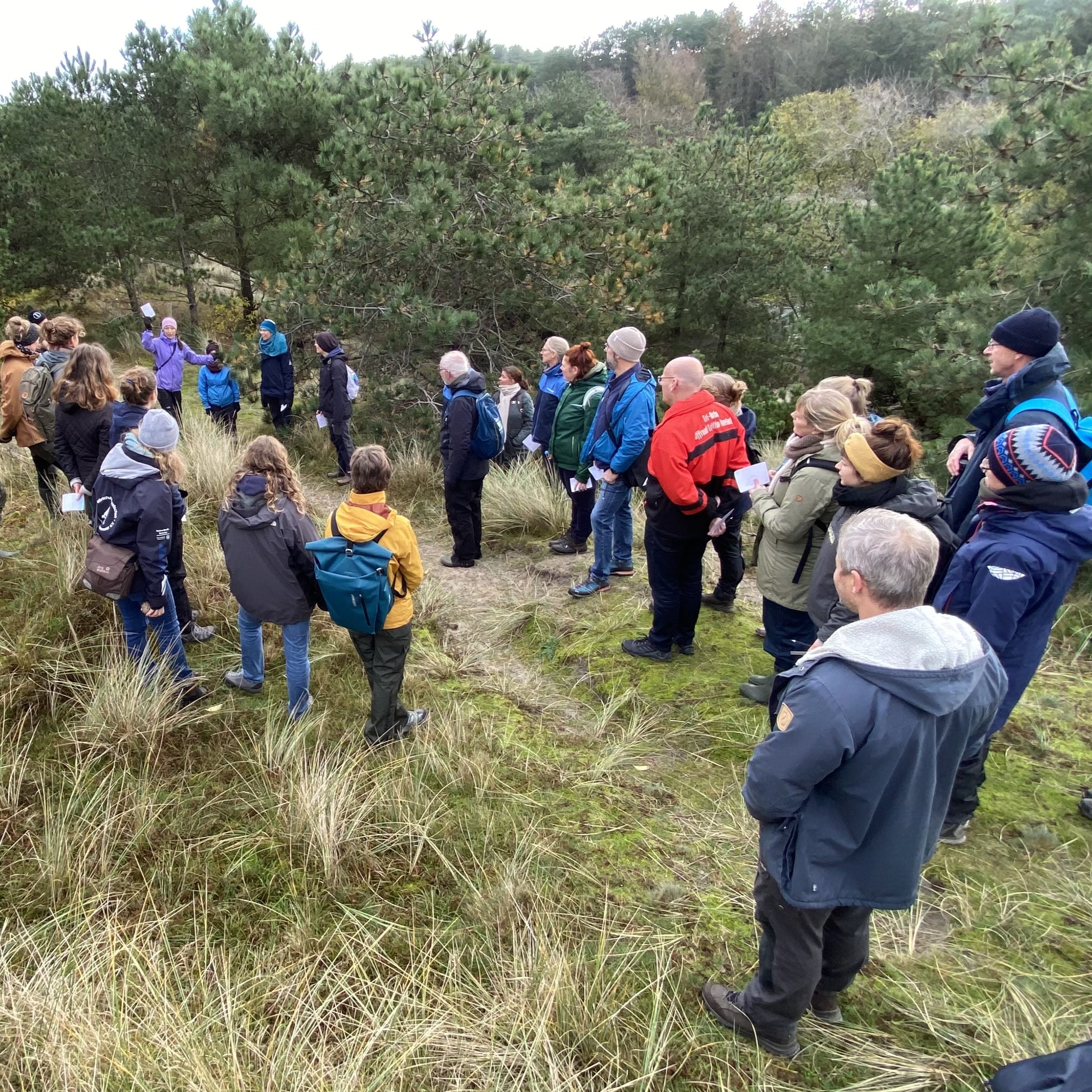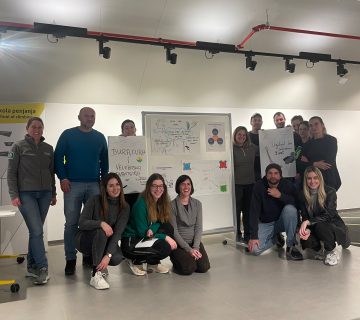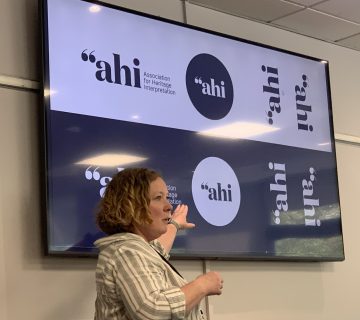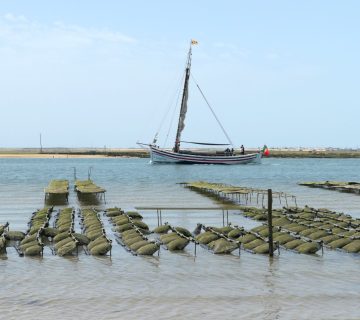Bringing theory to life across places, cultures, and local realities
The Learning Landscapes Initiative is making steady and inspiring progress.The last time you heard about it was probably from the international workshop in Kotor, Montenegro, back in October. That gathering marked a crucial turning point, as interpretive agents from six UNESCO sites came together to explore what it truly means to co-create an interpretive strategy—and how to turn a territory into a living learning landscape.
But a learning landscape is not just a physical place. It’s a dynamic, cultural ecosystem where heritage becomes a bridge—connecting people to each other, to their communities, and to a shared future. At the heart of this process are the interpretive agents: they facilitate stakeholder networks, guide co-creative strategies, and activate certified training pathways for guides, planners, and interpretive authors.
This initiative is not about applying a ready-made model—it’s about transforming theory into practice in meaningful ways, tailored to the cultural, political, and institutional complexity of each site. Each team is experimenting, adapting, and inventing solutions that respond to their unique local context. The result is a growing European laboratory of interpretation in action.
Learning together, Evolving together
Since the Kotor workshop, ten interpretive agents—supported by dedicated mentors and a committed group of international advisors—have been translating ideas into action. The mentorship has been especially valuable, helping turn knowledge into practice through real-world experimentation and open, peer-level dialogue. For many, this has been a rare and enriching opportunity to discuss the gap between theory and participatory practice in a truly collaborative setting.
Sites in action
In Kotor, Montenegro, agents Mileva and Jelena have shown remarkable determination. Despite some initial challenges related to local politics and the holiday season, they successfully identified their focus area and—thanks to a strong network of local contacts—organised two co-creative workshops, one involving cultural institutions and another centered on community representatives. Their Certified Interpretive Planner (CIP) course followed soon after, and the enthusiasm among participants was tangible: several committed to developing their own interpretive plans in the coming months.
In Roșia Montană, Romania, agents Constantin and Iulia worked within a complex and sensitive context, shaped by historical and social tensions. Still, their co-creative workshop brought forward powerful, previously unheard narratives, reawakening a sense of community connection to heritage. Their CIP course is scheduled for late April or early May.
In Zagori, Greece, progress has been steady. With support from the Ministry of Culture and UNESCO, agents Kalliopi and Dimitri initiated a CIP course in Ioannina, a more accessible city within the broader UNESCO area. Thanks to their outreach, 16 participants joined and are now eager to co-design the site’s interpretive strategy—once funding is confirmed.
In the Wadden Sea, Netherlands, the process has unfolded with clarity and consistency. Agents Renate and Sander had the smart idea to integrate Learning Landscapes into an existing programme, allowing them to organise a successful participatory workshop with 30 stakeholders. The feedback was so positive that a second co-creative session is already being planned. The CIP course further energised participants, reinforcing their commitment to the site’s interpretive future.
LLI: A living lab of interpretation
What we’re witnessing is a shared learning journey, shaped by dialogue, trust, and continuous adaptation. It’s an evolving experiment in which interpretive knowledge meets local cultures, navigates institutional frameworks, and deals with the layered complexity of the real world. No two sites have followed the same path—but each one has expanded our collective understanding of what a learning landscape can be.
Together, we are rewriting how interpretive planning is done. And this is just the beginning.
Vanessa Vaio is IE’s Country Coordinator Italy. She founded a consultancy hub bringing together multidisciplinary experts whose creative work results in customised interpretive master plans, as well as the design of interpretive programmes and services. Vanessa is a certified IE trainer who enjoys inspiring guides, museum educators, and teachers—while being inspired in turn by the unique qualities each person brings. Vanessa can be contacted at: vanessa.vaio@interpret-europe.net.
To cite this article: Vaio, Vanessa (2025) ‘Learning Landscapes on the move!‘ in Interpret Europe Newsletter 1-2025, pg. 9-10.
Available online: PDF Newsletter Spring 2025




